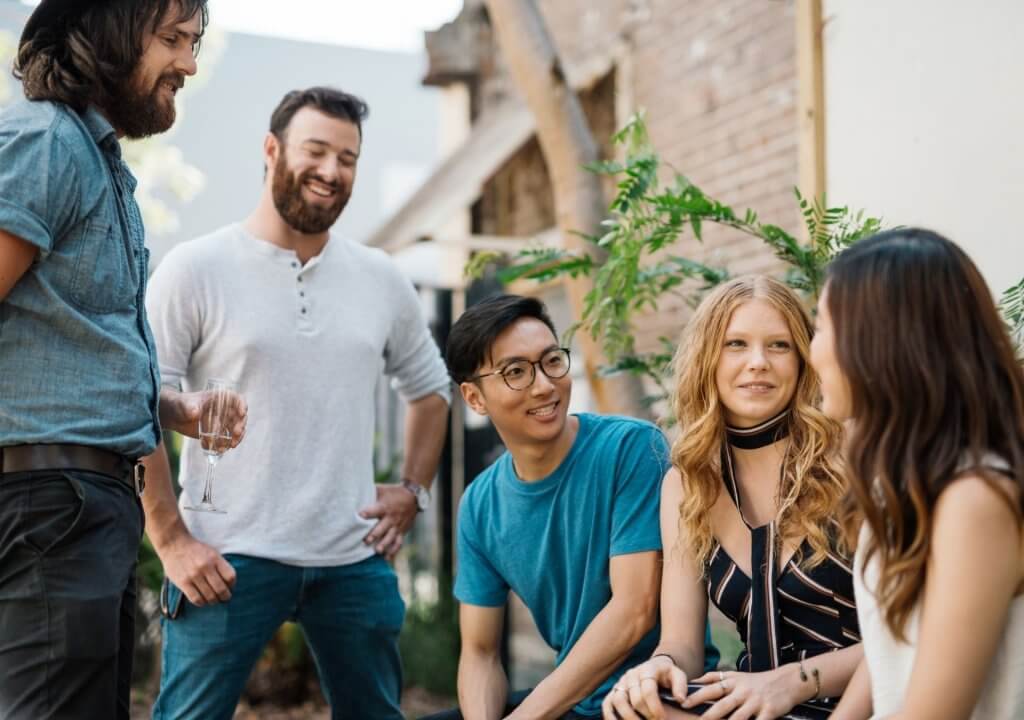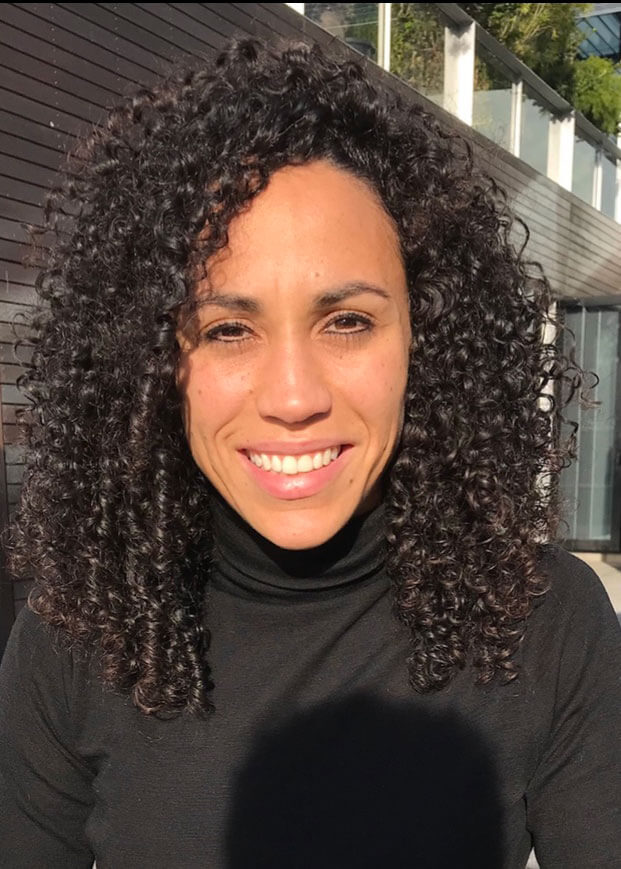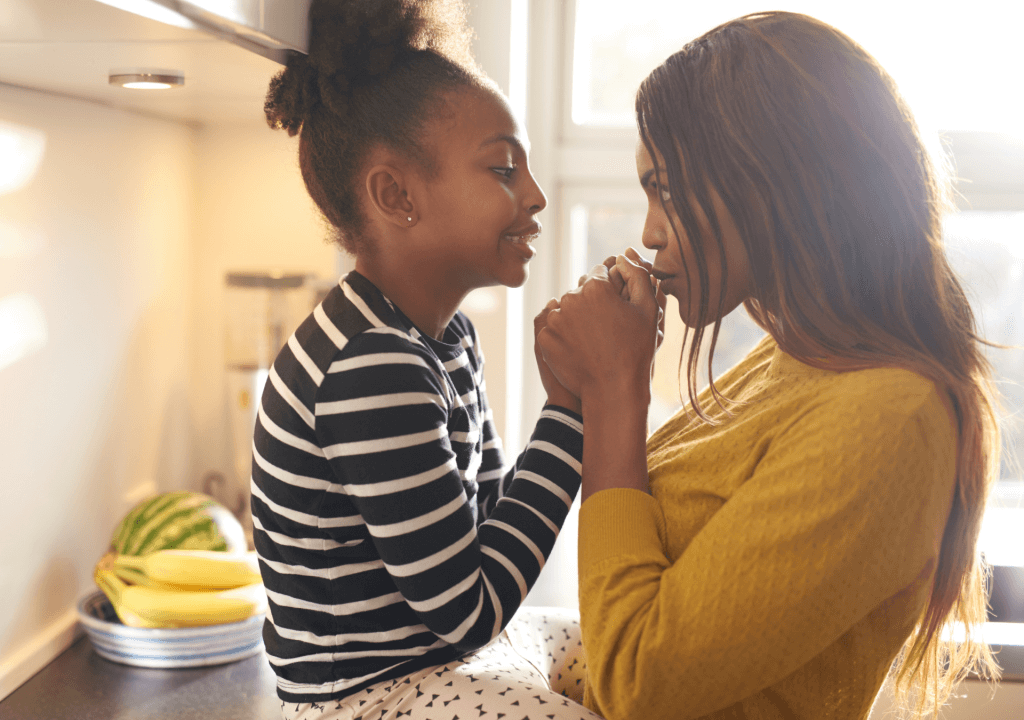Written by Charlotte Dillon
Australians love to talk about houses. Buying, selling, building, renovating and styling. It could be said that it’s a national hobby. In fact, not a day goes by where an article isn’t published about the current state of the Australian housing market. The ever-climbing housing prices, affordability anxieties, especially for young people and first home buyers, the projections for interest rates, and the chronic lack of social or affordable housing. The housing crisis becomes tinged with a sense of normalcy, predictability, a boredom. Yes, we know! We find ourselves exclaiming, as though this is a fact of life - there is a major housing affordability crisis in Australia.

And yet for many, it’s not dull. It’s tangible, real, and in their face. The reality of living rough, of couch surfing, of not having a roof over your head, of having so few options you continue living with or return to violence, is anything but boring. It’s brutal.
Women are the most negatively impacted by the housing system failure. The number one reason they experience housing insecurity and homelessness is family and domestic violence. But this housing story is one that rarely gets airtime. We’re in the midst of the 16 Days of Activism Against Gender-Based Violence – a global campaign promoted by the United Nations. Here is another topic rarely covered by housing reporters – the intersection of gender-based violence and homelessness.
Family, domestic and sexual violence (FDSV) is a major national health and welfare crisis that has lifelong impacts for survivors.
It disproportionately affects women and children and overwhelmingly – regardless of age, sexuality and background – the perpetrator is a man. The Australian Bureau of Statistics’ (ABS) 2016 Personal Safety Survey (PSS) found 1 in 4 Australian women have experienced physical or sexual violence by a current or previous partner since the age of 15. This has increased throughout the pandemic, with an Australian Institute of Criminology report published in July 2020 revealing nearly 5 per cent of all women, and close to 10 per cent of women living with a partner, had endured physical or sexual violence that year. A lack of secure, safe, stable and affordable housing means that far too many of these survivors are being robbed of a future free from violence.

My name is, Charlotte Dillon, and I’m the General Manager of Community Housing at YWCA Australia, an intersectional feminist organisation with a focus on housing for women. Every day in my work I see how the housing system is failing women experiencing family, domestic and sexual violence.
Domestic and family violence is the main reason women and children leave their homes in Australia and is consistently one of the most common reasons people seek assistance from Specialist Homelessness Services, like YWCA Australia.
An Everybody’s Home report found each year more than 7,600 women are returning to violent partners, and 9,120 women are becoming homeless after escaping violent homes because they have nowhere else to live. Not included in these numbers are those who have never left, who have never escaped violence. In an ideal world, every woman would have the choice to remain in their homes or leave, the perpetrator would find alternative housing, however this endemic means women largely have no choice but to leave their home.
They then face the harsh reality of an overwhelmed system and a chronic shortfall in both emergency and long-term housing. Last year, demand for YWCA housing increased and vastly exceeded what we had available meaning there were women and their families we were unable to help.
Some would say they could just rent. But violent relationships more often than not disrupt careers and ways to generate income. When survivors leave violence, they often do so with children and with little finances of their own. This is on top of the other financial barriers women face in Australia. Women disproportionately occupy part-time and casual employment, are paid 14 per cent less than men, and retire with around half the superannuation of men. To re-establish themselves =survivors often require income support.

These barriers to earning and financial woes make it hard to break into the private rental market because you can’t afford the basics like bond, furniture or the rent for a home that meets your needs. The April 2021 rental affordability snapshot from Anglicare confirms this – finding only 97 dwellings Australia wide were affordable rentals for single parents with two children on the Parenting Payment.
When survivors can’t afford the private rental market they rely on organisations like YWCA for housing. Yet across the country there’s a shortfall of almost 17,000 homes for women fleeing abuse.
More needs to be done to ensure we’re meeting the needs of survivors today and into the future. We need more funding for the work after crisis, the services that support women and their children to stay housed with no pressure to return to violence or succumb to homelessness. If we don’t want women to face an impossible choice of homelessness or staying in a violent home, we need to invest in and prioritise women’s specialist housing providers, like YWCA, who understand women’s needs intimately and provide survivors with enduring and comprehensive support.
During these 16 days of Activism Against Gender-Based Violence, we need to raise awareness around the intersection of homelessness, women and gendered violence and fund the solutions that prevent, intervene early and respond to people experiencing violence not just to ensure their safety but also their stability and ability to rebuild their lives. This means making this a top priority for federal and state governments, who must urgently commit to increasing the supply of safe, stable, secure and affordable housing for survivors of violence.
Let’s not keep talking about interest rates and auctions. Let’s take this moment to demand safe homes for survivors of gendered violence.




